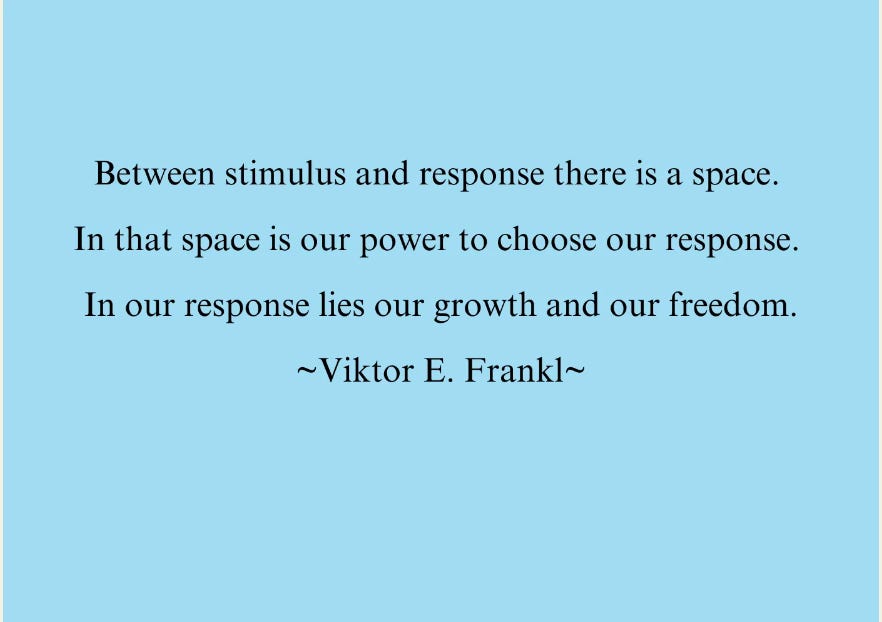Book recommendations that offer priceless advice, tips, empathy, heart and soul. I’ve read all of these and recommended each of them many times. This list will resonate most with Carers, but I’d highly recommend anyone read them. Together, we can change the narrative, raise awareness and shift the discussion from behind closed doors to shape the collective social need.
Defined by the NHS England. A carer is anyone, including children and adults who looks after a family member, partner or friend who needs help because of their illness, frailty, disability, a mental health problem or an addiction and cannot cope without their support. The care they give is unpaid. This means unlike trained nurses or paid carers, people like myself have no training and have to figure it out as we go along. We rely on the internet, word of mouth and our ability to find resources - imagine what it’s like for a partner or husband or wife who needs to care for their loved one in a crisis.
Please ‘❤️’ LIKE the article & consider subscribing! Above all Please share to help others.
A Caregiver's Top Ten 'Annual Re-Reads'
This is an updated article of book recommendations for 2025.
My Annual ReRead list
Additional Top twenty competing for a top position and
Caregiver book recommendations.
Please ‘❤️’ LIKE the article & consider subscribing! Above all Please share to help others.






Victoria, what a treasure trove of book recommendations! I am so grateful to you for putting this together. My reading list has grown exponentially! While Atlas of the Heart by Brene Brown sits on my coffee table as one of my most frequently refererenced books, along with Mark Nepo's Book of Awakening which I read daily (and can be a tonic to carers and all humans alike!), so many of these other titles I was either unfamiliar with or had been meaning to read, especially Emily Kenway's book. I am very familiar with that wonderful Victor Frankl quote, and should read his entire book. I am also grateful to be introduced to Susan David's work. I look forward to sharing the link to this excellent list of books in my resource round-up on Friday for my readers with a shout-out to you. Thanks again for all you do to support carers, Victoria.
I have read a couple of the books - one of which is the Oliver James suggested book. I am going to investigate some of the others though. I personally find chatting to close friends who have been carers in the past is very very helpful as they too experienced the ambivalence I am feeling with regard to my husband's medical non compliance. We are not 'Saints' and many if not most Carers make HUGE sacrifices over a period of years, to continue caring. Wonderful article Thank You.